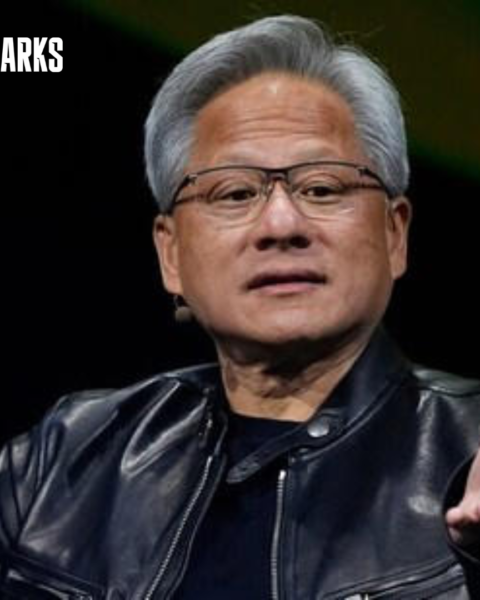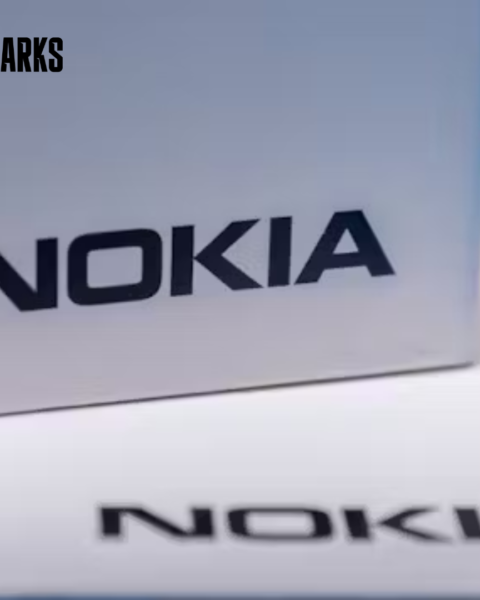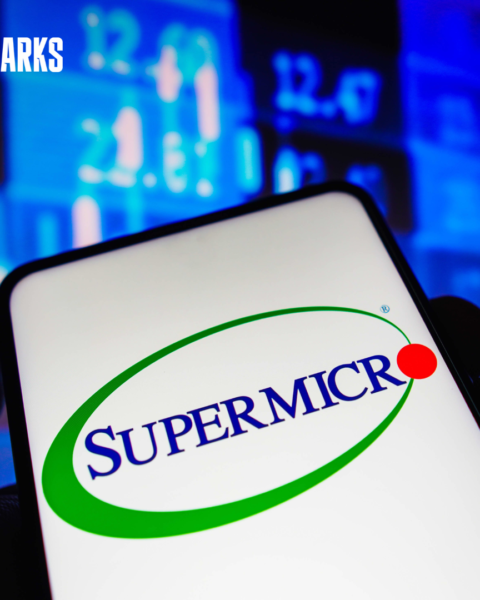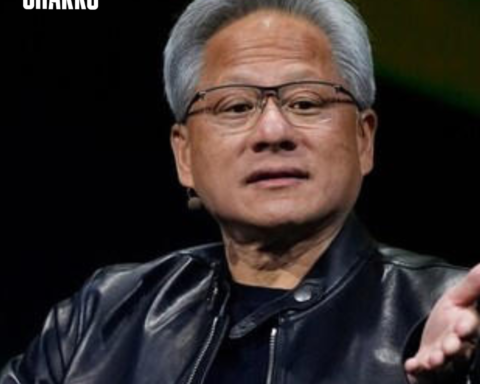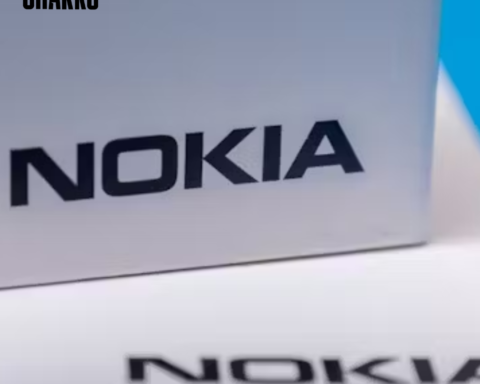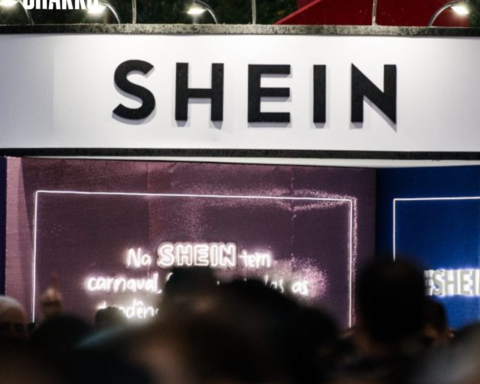SMIC Avoids Price War, Forecasts Revenue Growth
China's SMIC said on Friday that it will refrain from engaging in a price war in the semiconductor business.
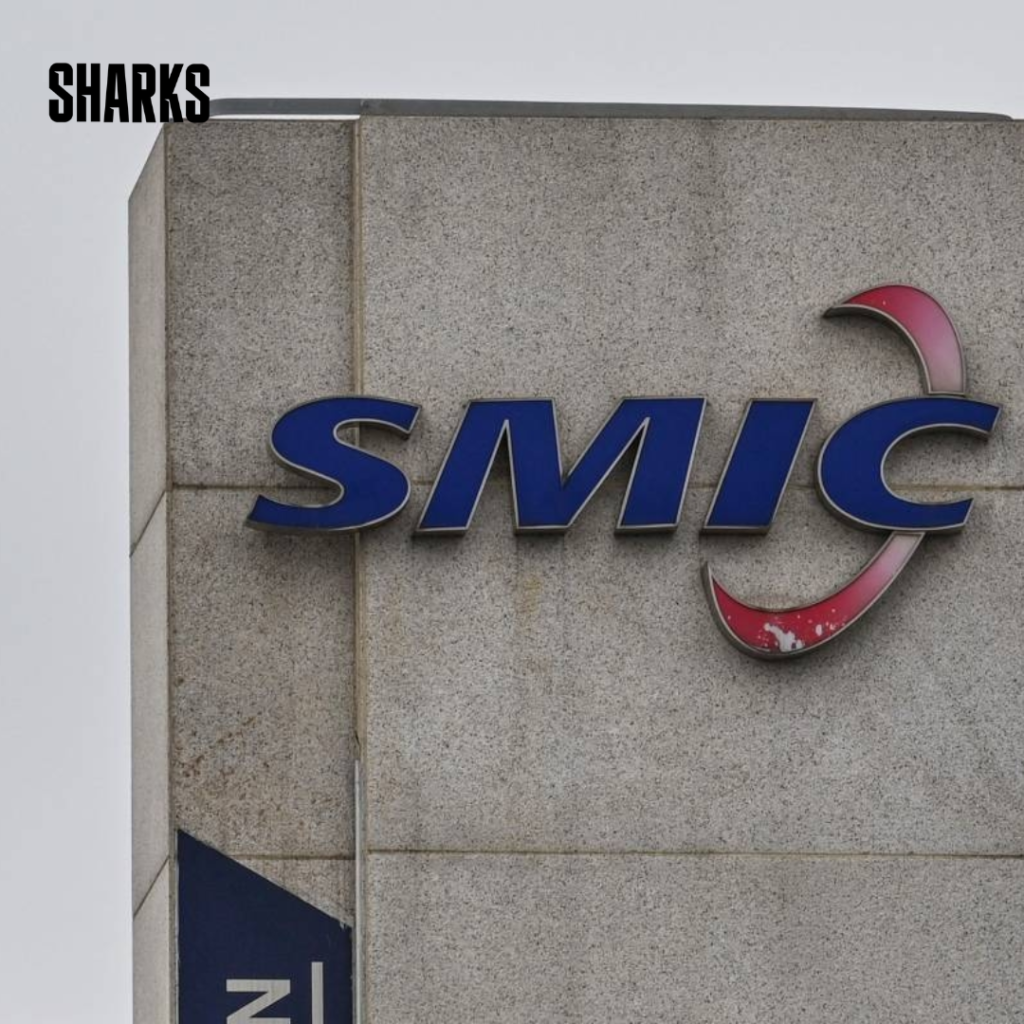
China’s Semiconductor Manufacturing International Corp (SMIC) announced on Friday that it will refrain from engaging in a price war in the semiconductor industry, even as some competitors slash prices to attract customers.
Co-CEO Zhao Haijun emphasized that despite encountering peers with excess capacity who are lowering prices, SMIC will not proactively reduce its prices.
Positive Industry Trends:
Zhao highlighted several favorable trends benefiting the semiconductor industry, which are expected to persist through the year’s second half.
Notably, geopolitical tensions are prompting companies to switch to local semiconductor suppliers for the Chinese market, creating opportunities for SMIC.
Revenue and Earnings Performance:
For the current quarter, SMIC has forecast a 13% to 15% increase in revenue on a quarter-on-quarter basis. The company’s performance in the second quarter surpassed expectations, with unaudited profits attributable to owners reaching $164.6 million, significantly higher than the $103.8 million projected by analysts.
Revenue for the quarter rose by 21.8% year-over-year to $1.9 billion, beating forecasts and exceeding SMIC’s previous guidance. However, net income dropped by 59.1% compared to last year’s period. Capital expenditure during the quarter was reported at $2.25 billion.
Market Reaction and Industry Outlook:
SMIC shares surged 7% in Hong Kong trading on Friday morning, buoyed by a broader market rally. The results indicate a recovery in the global semiconductor industry, which has struggled since late 2022.
According to the Semiconductor Industry Association, global semiconductor sales increased by 18.3% to $149.9 billion in the second quarter, with the Chinese market growing by 21.6%.
Challenges and Opportunities in Advanced Chip Production:
SMIC, which primarily produces basic chips for less advanced electronics, gained attention after a Huawei smartphone teardown revealed an SMIC-made chip among the most advanced produced in China.
However, due to its constraints in advanced chip production, SMIC’s ability to fully benefit from the artificial intelligence (AI) boom remains limited.
In contrast, industry leader TSMC reported a 30% increase in second-quarter revenue, largely driven by strong demand for advanced chips in AI and high-performance computing.
Share This
Tony Boyce is a seasoned journalist and editor at Sharks Magazine, where his expertise in business and startups journalism shines through his compelling storytelling and in-depth analysis. With 12 years of experience navigating the intricate world of entrepreneurship and business news, Tony has become a trusted voice for readers seeking insights into the latest trends, strategies, and success stories.

